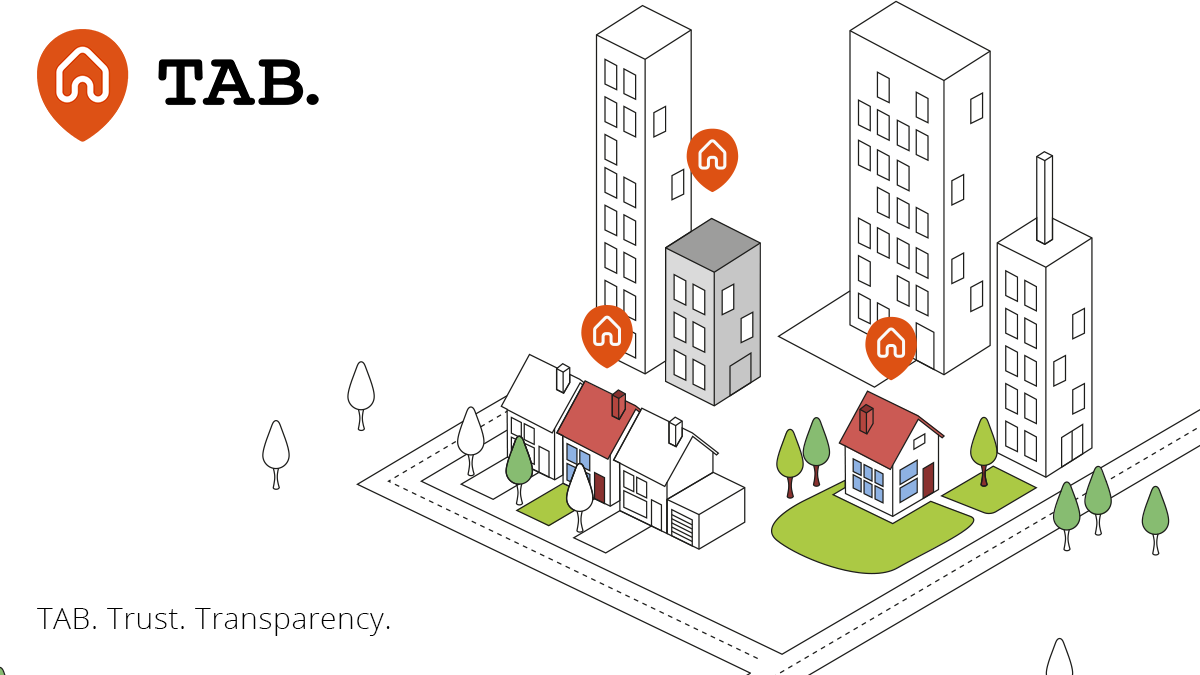TAB believes that property investment is one of the most-sound investments out there, and many people have secured a financial future by increasing their wealth from property investments.
However, investing in a property usually requires large amounts of capital and therefore you need to consider the pros and cons before you go down this road.
Making an investment in a property requires a lot of research because of the risks that come with it. However, it is also considered to be one of the most reliable options for long term growth, due to the consistent increase in property value.
If you are contemplating buying a property purely for investment purposes, then the return on your investment is an important incentive to consider. Depending on the type of property, there will be different terms and returns for each one. Having insight as to what you plan on doing with the property makes an enormous distinction as to the type of property you need to invest in, as well as where to buy it.
Before you consider investing in real estate, here are 3 important considerations to take into account:
- Check out the local area for any potential things that could impact the area over the short, medium and long term. This could include potential transport improvements to cities, local council plans or even the quality of schools in the area.
- Review the rental prices versus purchase price to ensure you get the best deal out of your investment
- Determine if you want to invest in freehold or leasehold?
Freehold:
If you buy a freehold, you as the freeholder will own the property completely, including the land it is built on. You will be totally responsible for maintaining your property and land. It is important to budget for these costs.
Houses are more likely to be sold as freehold properties as it’s a more straightforward situation, given that there is only one property on that piece of land. Unfortunately,in recent years, this has sometimes not been the case with many new-build homes.
The benefits of owning a freehold means you don’t have to worry about the lease running out as you own the property outright. You don’t have to pay ground rent, service charges or any other landlord charges.
Leasehold:
Unlike a freeholder, as a leaseholder, you own the property (subject to the terms of the lease) for the length of your lease agreement with the freeholder. In other words, you have the right to occupy the property but you do not own the land on which it is built.
Leases usually come with ground rent, meaning you are responsible for paying out annual rental payments under the terms of your lease. Typically, £1 to £300 per annum. You will also have a managing agent to consider who is responsible for managing the land and common parts of the property you live in, these are often charged to properties in blocks of flats as part of the service charge. If you don’t pay this your lease could be forfeited and returned to the freeholder.
At the end of the lease, ownership would return to the freeholder, unless you have managed to extend the lease. So, before making an offer you should consider how many years are left on the lease. Take into account service charges and related costs and ensure the length of the lease will not affect getting a mortgage or impact the property resale value. If the lease is for less than 70 years, you might struggle to get a mortgage.
Lease terms and conditions with regard to what you can and can’t do within your property, for instance, short letting (Air BNB) and other things can be excluded.
This information does not constitute advice or a personal recommendation and you should seek advice concerning suitability from your investment adviser. As with any investment your capital is at risk. Past performance is not an indicator of future results.


